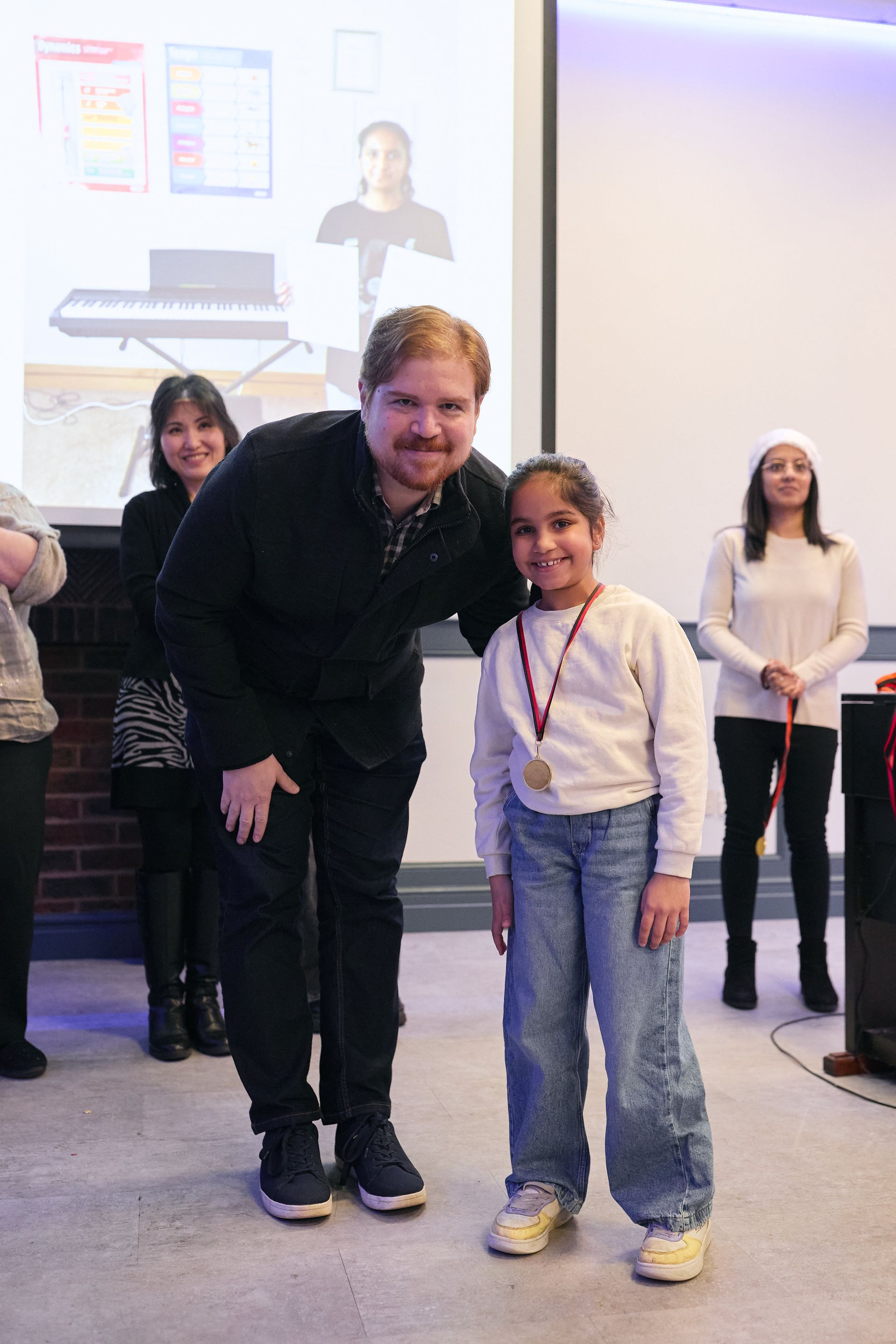How Playing the Piano Has a Positive Impact on the Brain
When learning to play the piano offers numerous benefits for students, particularly in terms of brain development. The intricate nature of piano playing engages various regions of the brain, fostering neural connections and enhancing cognitive abilities. As students learn to read sheet music, coordinate their hands, and interpret musical symbols, they sharpen their multitasking skills, memory retention, and concentration. The continuous practice of piano playing also improves hand-eye coordination and fine motor skills, as the fingers navigate the keys with precision and agility. Moreover, the process of learning and memorizing complex musical pieces stimulates the brain's problem-solving abilities, encouraging critical thinking and analytical reasoning.
Additionally, playing the piano promotes emotional and social development, further contributing to brain growth. Music is known to evoke emotions, and as students learn to express themselves through piano playing, they develop emotional intelligence and self-awareness. The act of playing the piano can serve as an outlet for stress and anxiety, fostering emotional well-being. Furthermore, participating in piano lessons and group performances cultivates social skills, as students collaborate with teachers and peers. This interaction enhances communication, teamwork, and empathy, leading to improved interpersonal relationships. The sense of achievement and confidence gained from mastering a musical piece further boosts self-esteem, nurturing a positive mindset and resilience in the face of challenges.
Discover the transformative power of music and unlock your full potential by joining our piano classes. When playing the piano, it not only brings joy and fulfilment but also offers a multitude of cognitive and emotional benefits. Through our expert instruction, you will embark on a journey of brain development, enhancing your multitasking abilities, memory retention, concentration, and problem-solving skills. Our classes will also foster emotional intelligence, providing a means of self-expression and stress relief. Join our vibrant community of aspiring musicians, where you will develop social skills, teamwork, and self-confidence. If you wish to know more about these hacks and resources, feel free to take a look around our website or connect with us directly!



